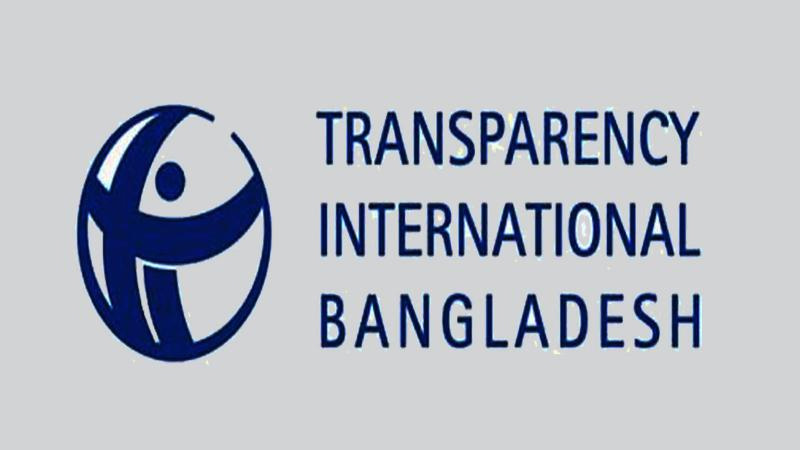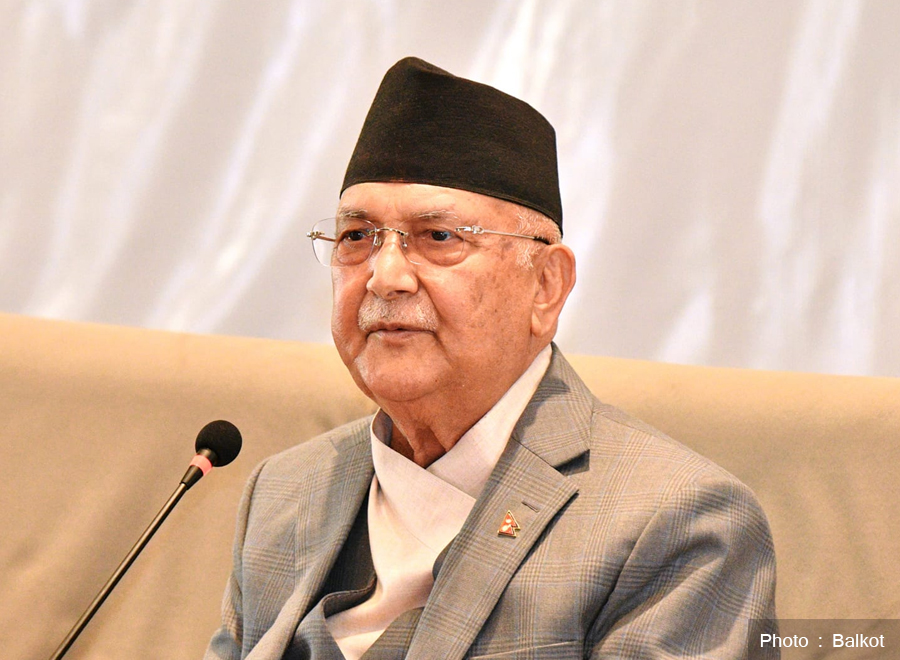Bangladesh second corrupt country after Afghanistan In South Asia

London — Nepal has jumped to 113th spot from 124, according to Transparency International’s annual Corruption Perception Index.
The corruption perception index unveiled by Transparency International Nepal (TI-N) on Thursday in Kathmandu ranked Nepal 113 out of 180 countries with a score of 34.
Nepal has improved by three spots compared to CPI 2018 when it was ranked 124th out of 180 countries with a score of 31.
Among South Asian countries, Bhutan had a score 68, while India scored 41, Sri Lanka 38, Nepal 34, Pakistan 32, Maldives 29 , Bangladesh 26 and Afghanistan 16.
Nepal still falls under the category of 20 most corrupt countries in the world.
Countries in which elections and political party financing are open to undue influence from vested interests are less able to combat corruption, the CPI 2019 stated today.
“Frustration with government corruption and lack of trust in institutions speaks to a need for greater political integrity,” said Delia Ferreira Rubio, Chair of Transparency International. “Governments must urgently address the corrupting role of big money in political party financing and the undue influence it exerts on our political systems.”
The CPI ranks 180 countries and territories by their perceived levels of public sector corruption, drawing on 13 expert assessments and surveys of business executives. It uses a scale of zero (highly corrupt) to 100 (very clean).
More than two-thirds of countries score below 50, with an average score of only 43. Since 2012, only 22countries have significantly improved their scores, including Estonia, Greece and Guyana. Twenty-one have significantly declined, including Australia, Canada and Nicaragua, read the CPI index report.
According to the 2019 report, two-thirds of the countries scored below 50, with the average score being a mere 43. The country with the highest rank, Denmark, scored 87. Most notably, said Transparency, advanced economies were seen to be sliding in the past year, with Canada, France, the U.K., and the U.S. all scoring lower than they had in 2018. India ranked 40, with a score of 80, which is over double Pakistan’s score of 32.
“Frustration with government corruption and lack of trust in institutions speaks to a need for greater political integrity,” said Delia Ferreira Rubio, chair of Transparency International. “Governments must urgently address the corrupting role of big money in political party financing and the undue influence it exerts on our political systems.”
“The lack of real progress against corruption in most countries is disappointing and has profound negative effects on citizens around the world,” said Patricia Moreira, managing director of Transparency International. “To have any chance of ending corruption and improving peoples’ lives, we must tackle the relationship between politics and big money. All citizens must be represented in decision making,” she added.
The top five states—with the least amount of perceived corruption—are Denmark, New Zealand, Finland, Singapore and Sweden. The bottom five states are Venezuela, Yemen, Syria, South Sudan and Somalia.
To reduce corruption and restore trust in politics, Transparency International recommends that governments take steps to control political financing to prevent excessive money and influence in politics; tackle preferential treatment to ensure budgets and public services aren’t driven by personal connects or biased towards special interests; manage conflicts of interest and address “revolving doors”; regulate lobbying activities by promoting open and meaningful access to decision-making; strengthen electoral integrity and prevent and sanction misinformation campaigns; empower citizens and protect activists, whistleblowers and journalists; reinforce checks and balances and promote separation of powers.

















Facebook Comments